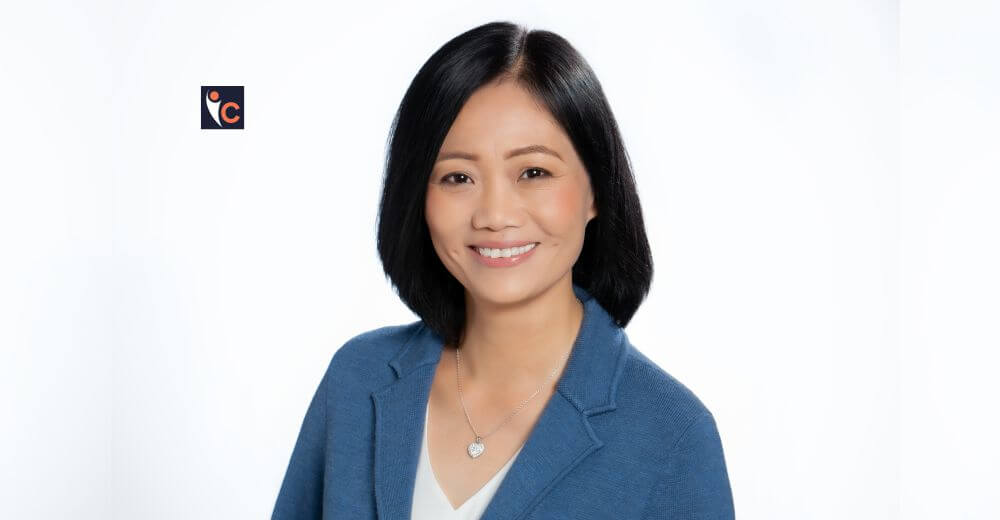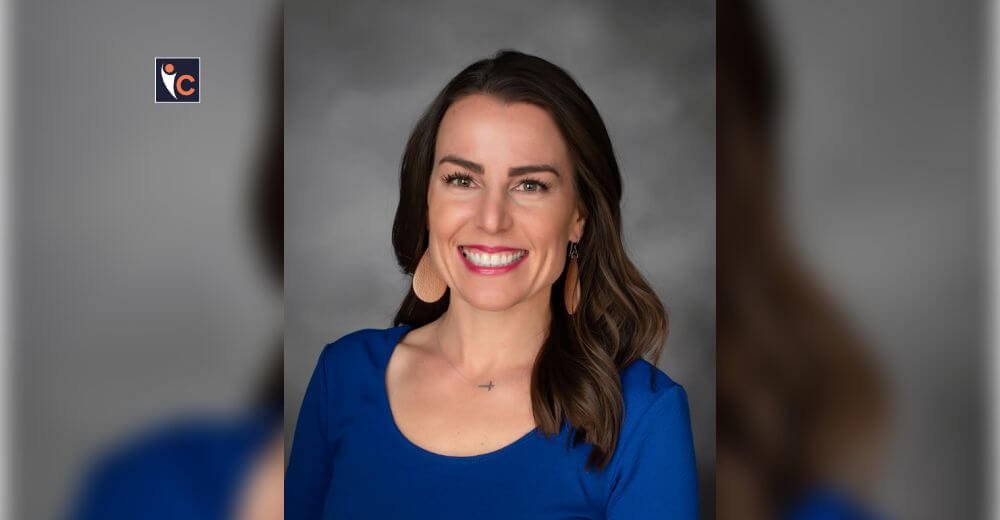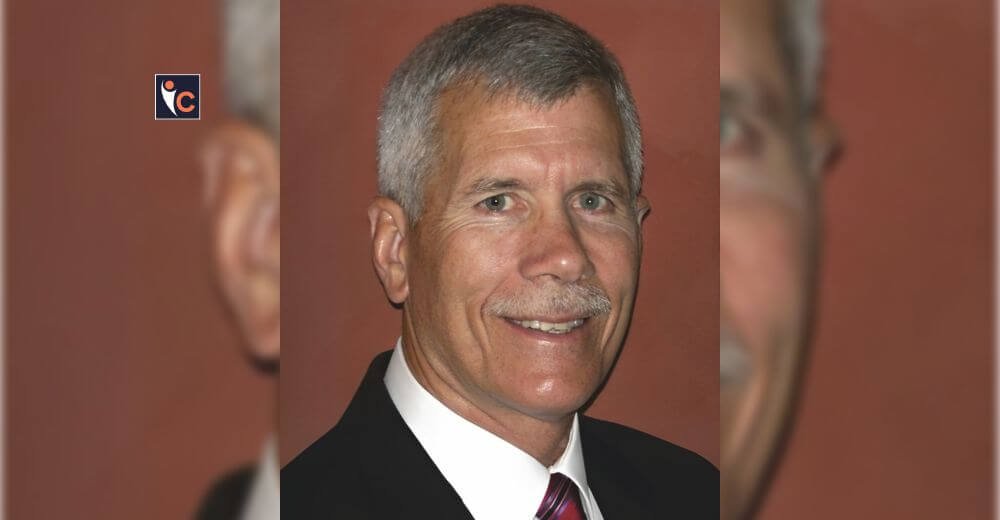Inside the sphere of scientific technology innovation, it is not enough to be driven by science and technology. To step ahead of the crowd and steer the wheel of transformation, it is important to be innovative and empathetic, and lead the change one believes in.
Matching these qualities and transforming the sector for more than two decades is Xiaokui Zhang, Ph.D. She has brought incredible development through her skills. She is known for her leadership acumen and her strong eye for detail. Under her leadership, several healthcare organizations had witnessed immense growth.
She has a rich 20 years of experience, acquired through her Ph.D. in molecular cell biology and later with her research and development acumen gained through multiple C-suite positions like Executive Vice President and Chief Scientific Officer. Today, Xiaokui has an impeccable record of creating a strong impact by taking the lead and driving transformation in the research and development of the care delivery segment.
Currently, as the Chief Scientific Officer of Aspen Neuroscience Inc., Xiaokui is working on Parkinson’s Disease and envisions turning the noncurable Parkinson’s into a manageable chronic condition along with facilitating efficient cell replacement therapy. At Aspen, she is motivated by the company motto—“Our patients are waiting!” and leaves no stone unturned to search for new solutions for the betterment of the healthcare community.
Below are the highlights of the interview where Xiaokui shares her wisdom and provides insights about her journey at Aspen.
Xiaokui, please brief us about your journey as the Chief Scientific Officer of Aspen Neuroscience.
After receiving my Ph.D. in Molecular Cell Biology at Rockefeller University in New York, I am very grateful to have spent the last twenty years building experience in leading discovery and research and development in the biopharmaceutical industry to advance research stage programs into early clinical development for immuno-oncology, hematology and regeneration applications.
Prior to joining Aspen Neuroscience, I served as Executive Vice President and Chief Scientific Officer at Celularity, Inc., which was spun out of Celgene, where I was Senior Director of Research and Development.
Please tell us about Aspen Neuroscience and the inspiration behind it.
Aspen Neuroscience is the culmination of decades of innovative work in stem cell research, powered by an artificial intelligence (AI)-based bioinformatics platform. The project began in Dr. Jeanne Loring’s laboratory at the Scripps Research Institute, where Dr. Loring and Dr. Andres Bratt-Leal worked to develop the first autologous dopamine neuron replacement therapy, fueled by a mission to address the symptoms of Parkinson’s Disease. Summit for Stem Cell, a small non-profit primarily comprising individuals advocating for people with Parkinson’s Disease (PD) in search of potential regenerative medicine treatments, found Dr. Loring’s lab and began raising funds to support the effort to spin the team out of the research world and into a development company, which eventually became the company Aspen Neuroscience.
Can you highlight the products and services that Aspen Neuroscience offers under your leadership?
Aspen Neuroscience is a San Diego-based development stage private biotechnology company focused on personalized cell therapies. We are developing autologous (the patient’s own) induced pluripotent stem cells, called iPSCs, to address diseases with a high unmet medical need, beginning with autologous neuron replacement for both sporadic and genetic forms of Parkinson’s disease (PD).
As a leading iPSC platform company, we combine stem cell biology with the latest artificial intelligence and genomic approaches to investigate patient-specific, restorative treatments. We have developed and continue to grow a best-in-class platform to create and characterize iPSCs- derived cell medicines, including in-house bioinformatics, manufacturing and quality management systems.
Briefly discuss your role in addressing patients who have Parkinson’s disease and provision of cell replacement therapies.
At this moment, there are no disease-modifying treatments for Parkinson’s disease (PD). The most common treatment options are medications that may control the disease symptoms and side effects, and, in some cases, surgery. While effective, current options are often not satisfactory for patients with PD. What Aspen is developing may not be a cure. We won’t know until we study the treatment in clinical trials. However, we believe it has the opportunity to reverse motor symptoms, potentially converting PD to a more manageable chronic condition and significantly improving a patient’s quality of life. One of our mottos at Aspen Neuroscience is “Our patients are waiting,” and we feel this every day. I am so proud to be a part of this company, working with such talented people.
With your expertise in biotechnology, immunotherapy and adoptive cellular therapy, how do you wish to utilize upcoming opportunities and technologies in this field to chart the company’s upward growth?
Through our AI-based bioinformatics tools, we consistently produce high-quality iPSCs, as well as autologous dopaminergic neuron precursors, developed from a simple patient skin biopsy. In addition, we are immersed in building and scaling out an in-house autologous cell therapy manufacturing operation, which includes quality control metrics and bioinformatics for process and product characterization. This proprietary process is reproducible, flexible and leverages bioinformatics with a high success rate. We consistently create high purity, viability and cell yield with our current GMP manufacturing process. And now, we are evaluating multiple manufacturing technologies and solutions to enable the development of a scalable, closed and automated end-to-end process. That’s something that also excites us here at Aspen: our cell development technology
is a platform with broad potential and multiple opportunities to expand the current pipeline into other cell types and indications.
How do you envision further strengthening Aspen Neuroscience’s position in 2023 and beyond?
Over the last few years, the team has done an incredible job of raising more than $220 million in Seed, Series A and Series B funding, which has put us in a position of real financial strength to operate through our key value inflection points. We have completed all our preclinical milestones and are preparing to submit our first IND (Investigational New Drug) application to the Food & Drug Administration for our first product. We are on the verge of becoming a clinical-stage company, and I look forward to all the steps moving forward into the next stages of this process.
How would you desire to upscale your successful journey within the healthcare industry?
I would like to continue mentoring the leaders of the future. There is a real gap in workforce development in this industry. At Aspen Neuroscience, we are a part of solving that by helping develop rising leaders. It has been such a gratifying experience to be a part of scientific technology innovation, contributing to transforming this field while also helping scientists and bioengineers through mentorship in a collaborative way to advance their careers. The greatest marker of success for me is when I can help accelerate my colleagues’ individual development.
Having 20 years of work experience in the research and development of biopharmaceuticals in the healthcare industry, please share your words of advice for young scientists who wish to explore the industry.
My words of advice would be to spend the time to build a network of colleagues that support and empower you. Increase your visibility and put yourself out there. Surround yourself with people who have interests that align with your own, and proactively seek out mentor-mentee relationships. If you can identify the skills that need to be improved on, work with a mentor, and learn to develop those skills. Building these networks opens opportunities to strengthen your skills, career opportunities and potential.










